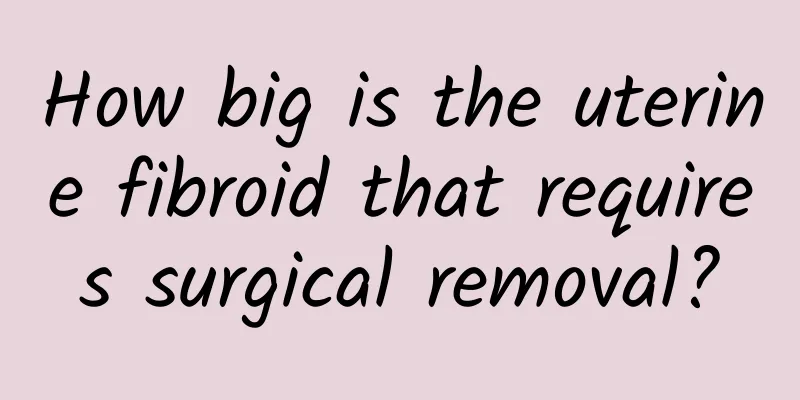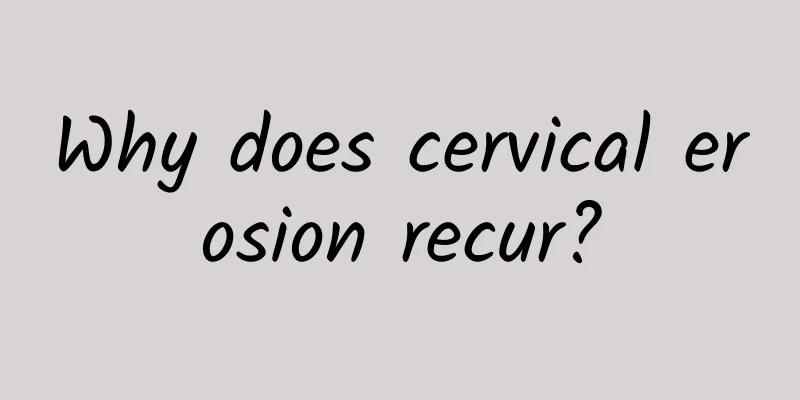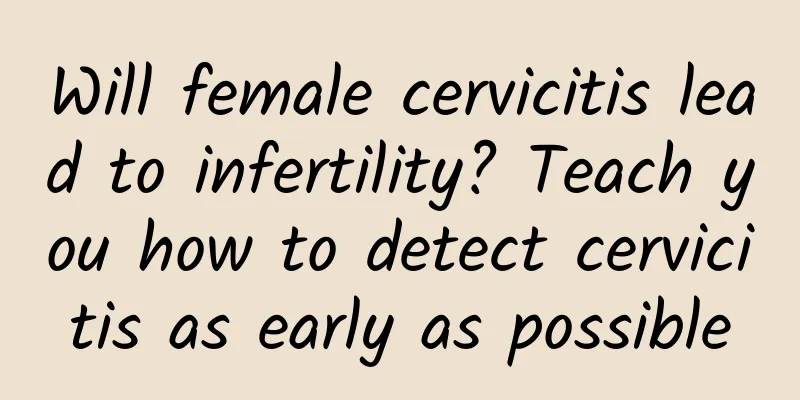How big is the uterine fibroid that requires surgical removal?

|
Uterine fibroids are common benign tumors in women and usually do not require immediate surgical removal. The indication for surgical removal depends mainly on the size of the fibroids and the severity of the symptoms. Generally speaking, if the fibroids cause noticeable symptoms, such as heavy or prolonged periods, abdominal pain, bladder compression leading to frequent and urgent urination, or if the size of the fibroids exceeds 5 cm, then surgical removal may be considered. Surgery may also be necessary if the fibroids cause infertility or recurrent miscarriages. The method of surgical removal can be determined based on the size and location of the fibroids. For smaller fibroids, myomectomy may be an option to preserve the uterus, while for larger or more numerous fibroids, a hysterectomy may be required. Surgical resection is not the only treatment option. There are other conservative treatment options, such as drug therapy, interventional therapy, etc. Before deciding whether to undergo surgical resection, you should have a detailed discussion and evaluation with your doctor and make an appropriate decision based on your personal situation. |
<<: How to best deal with ectopic pregnancy
>>: Abortion surgery is better
Recommend
A man weighed over 100 kg and lost 31 kg in 3 months! Double-channel gastric bypass surgery fulfills Polyx's dream
Successful weight loss can make a lifelong dream ...
What to do if you have stomach pain after miscarriage?
What to do if you have stomach pain after miscarr...
Maintaining women's health: Dysmenorrhea cannot be tolerated
Although many women suffer from dysmenorrhea, med...
How to drain pelvic fluid?
After the onset of pelvic effusion, it is often a...
Explain the early symptoms of pelvic inflammatory disease
Pelvic inflammatory disease is a common gynecolog...
There are 6 points to pay attention to in the life of amenorrhea patients
Whether it is primary amenorrhea or secondary ame...
Teach you how to treat chronic adnexitis
Many women are worried about the treatment of chr...
What are the symptoms of congenital miscarriage?
Congenital miscarriage refers to miscarriage duri...
Can you eat pineapple during menstruation? Ladies, please read this carefully
As we all know, there are many taboos on food for...
Prevention rules for cervical hypertrophy
Cervical hypertrophy refers to inflammatory chang...
5 common hazards of uterine fibroids
Uterine fibroids, also known as uterine leiomyoma...
How long does it take for a threatened miscarriage to actually occur?
After a threatened miscarriage occurs, it is usua...
Two major cancer symptoms of cervicitis in women: some ways to stay away from cervicitis
Cervicitis is a common cervical disease caused by...
Is it okay to eat low-calorie foods? Be careful, these 6 common weight loss foods make you hungrier the more you eat them
Lettuce salad, sugar-free green tea, agar-agar, s...
How to protect the fetus in case of habitual miscarriage? Here are 6 things to note
Habitual miscarriage has a high incidence rate in...









